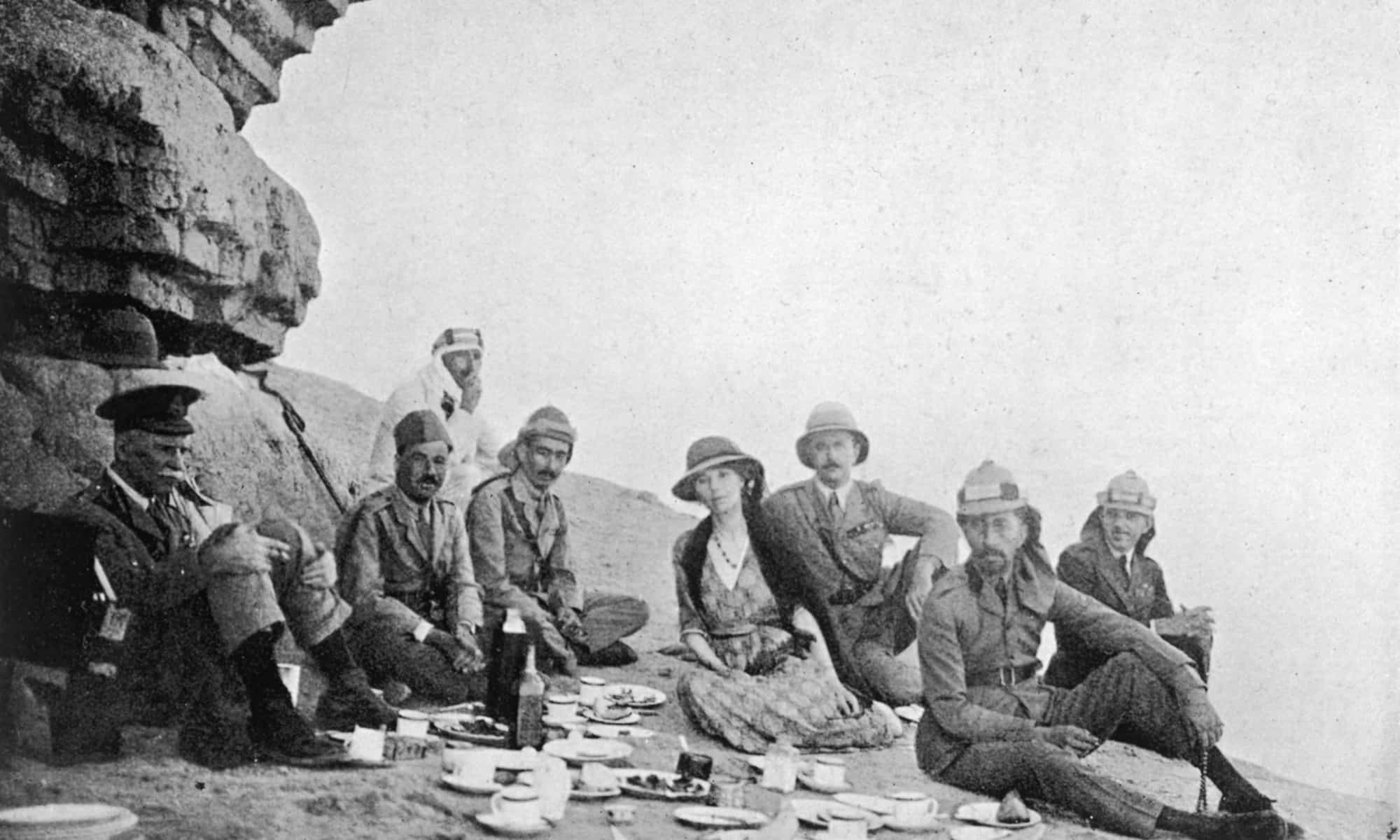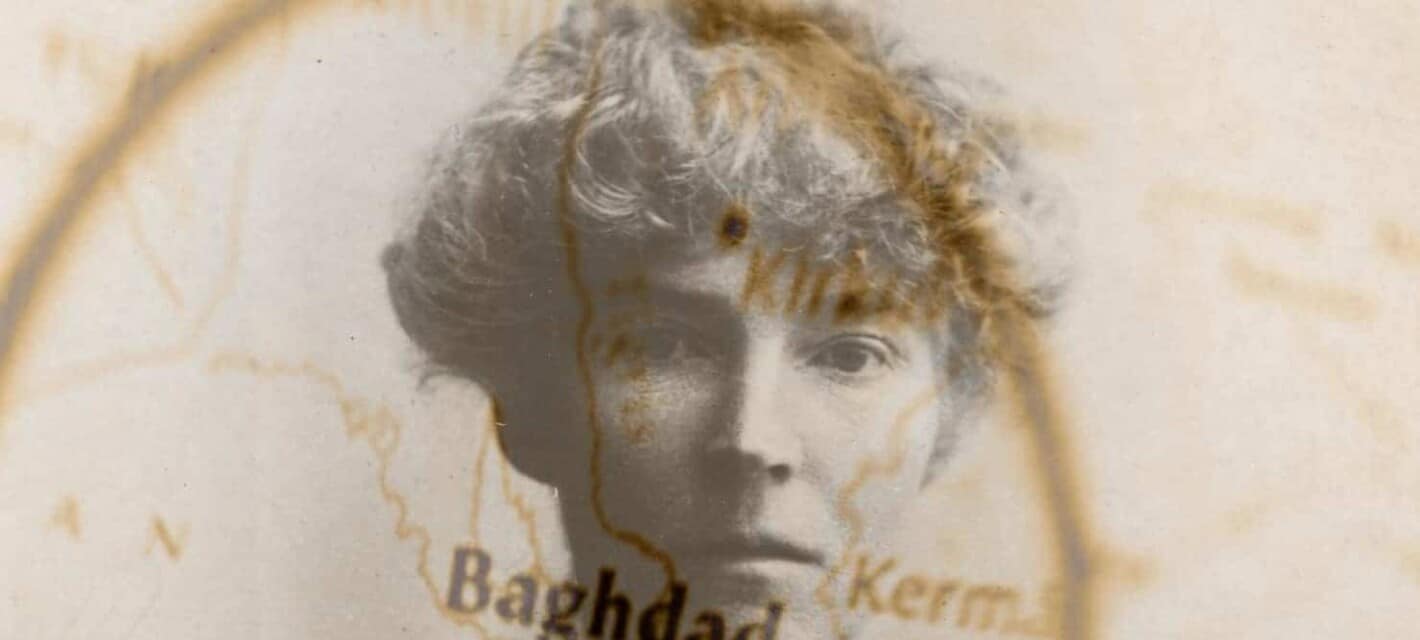A woman born in the Victorian Era, Gertrude Bell led a brilliant career which included the establishment of Baghdad of the Hashimite Dynasty. Also known as a writer, traveler, archaeologist, and administrator in Arabia, Bell led a life unlike many women of her time and one that is often not found in the history books today. She was born Gertrude Margaret Lowthian Bell on July 14, 1868, in Washington Hall, Durham, England. From the beginning, Bell was showing the world that she could do what most women of her time did not. Bell became the first woman to earn her bachelor’s degree in Modern History at Oxford University.
Because Bell was a graduate of Oxford University, men were not interested in marrying her. However, this did not mean she did not have love interests. On the contrary, Bell is known to have several lovers throughout her life but to never have married. After graduation, Bell decided to continue her life’s educational journey and taught herself Persian and about six other languages. She then traveled to Iraq in the early 1890s and started her life’s work in the Middle East; the work that would leave a mark in history.

One of the Greatest Climbers
Along with becoming one of the first female graduates with a Modern History degree, Bell became one of the most exceptional women mountain climbers of her time. She climbed her first mountain in 1899. Known as Mejie, it was 13,000 feet high and located in the French Alps. Two years later, Bell became the first person to climb all of the Swiss Alps mountains. Of course, during this time she had changed her skirt in for pants to make the climbing trips more comfortable.
Clothing was not the only challenge for Bell during her climbing adventures. In fact, one of her most significant problems occurred in 1902 on the Finsteraarhorn Mountain. During her time there a blizzard came, and she got caught while on the rope climbing down the mountain. Unable to see or handle herself well in the snowstorm, Bell remained on the string for 50 hours before she was able to reach safety. Luckily, Bell’s only injuries were frostbitten hands and feet. The incident did not damage her love for climbing, and she continued to scale mountains over the next few years.


Not only did Bell travel around the world to climb mountains but she would also write about her adventures. It is because of her traveling journals that we know so much about Bell’s famous mountain adventures around the world. Not only did she conquer some of the highest peaks, but she also created new paths while on her climbs. She would then develop maps of these new paths to help future climbers. Furthermore, Bell’s mountain skills have not gone unnoticed. Today, there is a mountain, the Gertrudespitze, which is named in honor of Gertrude Bell and her mountain skills.

